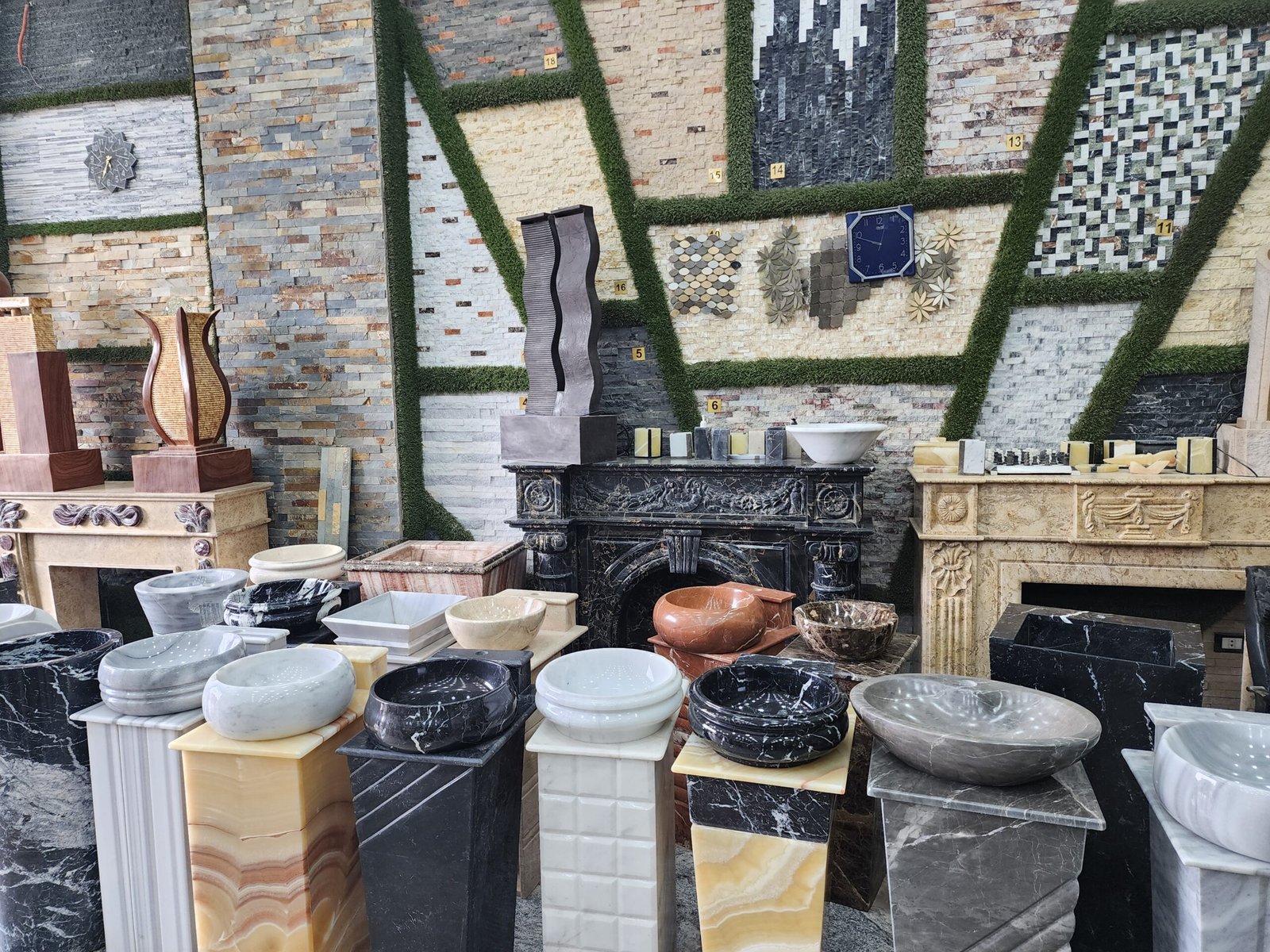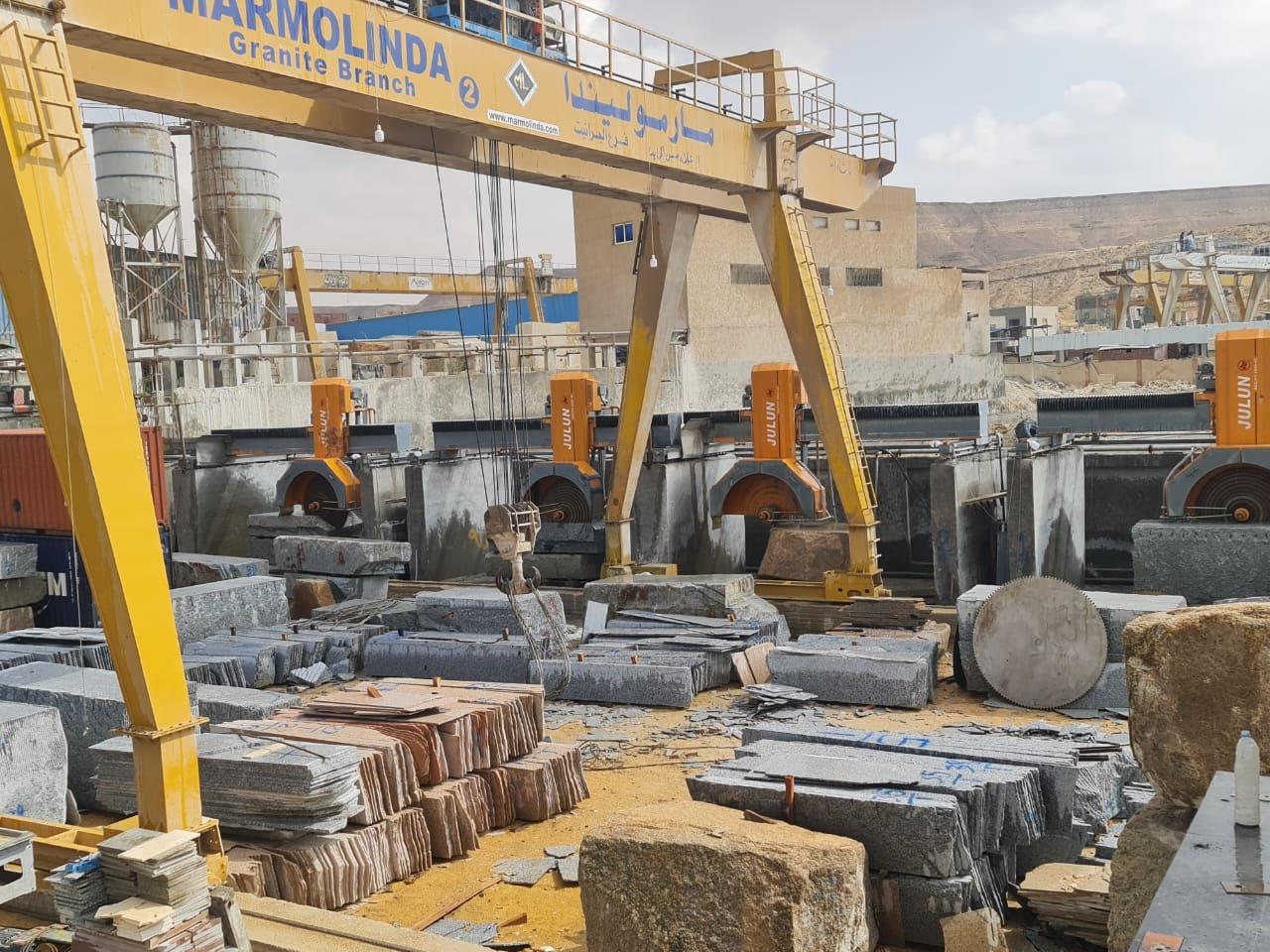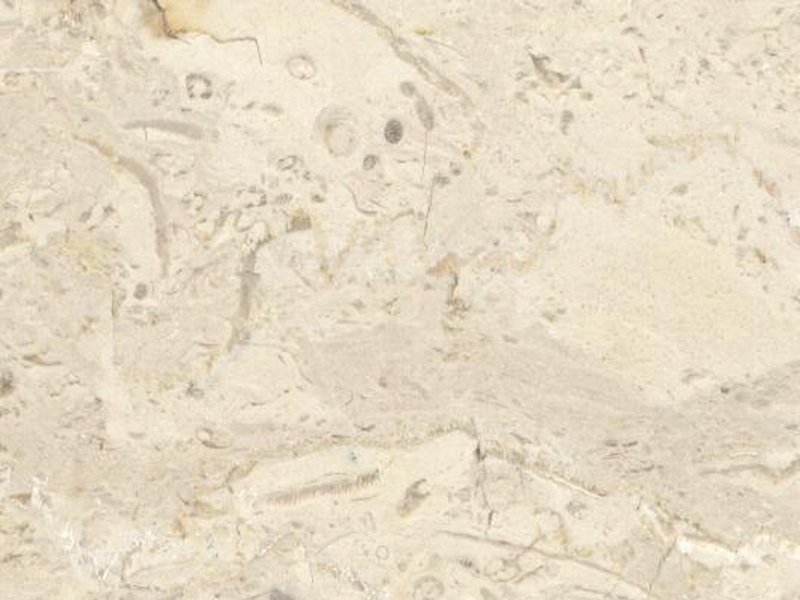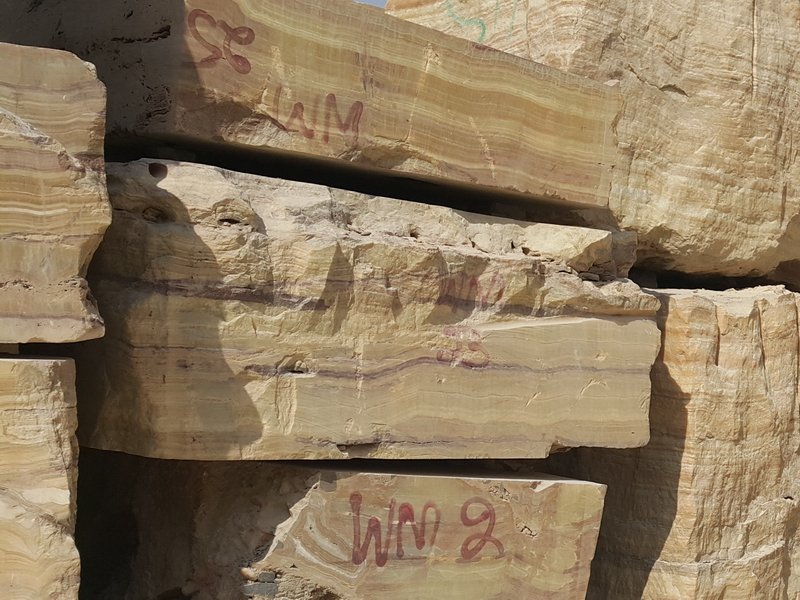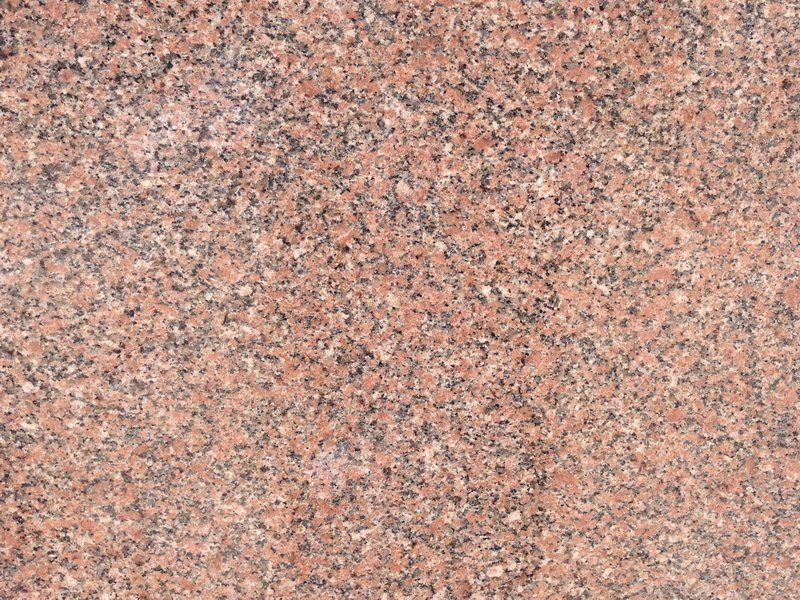The greatest architects and interior designers have known the class that Italian Marble holds in itself. With high lustre and a crystal-like appearance, Italian marble can add a dreamy touch to your home and are much more delicate and porous than their Indian counterparts. Italian Marble is sourced from various regions across Italy and come to India in slabs or blocks.
While we look at multiple options for the floors of our homes, none of us can deny the natural grace of the age-old favourite, Italian Marble. Italian Marble comes with unique vein patterns that add a luxurious and opulent feel to your interiors. Traditionally associated with royalty, Italian Marble flooring still carries hints of wealth and elegance. If you want to choose the ground beneath your feet to add a plush feel to your interiors, consider using Italian Marble in your home. However, polishing the Italian Marble can make it slippery. So if you have children or elderly relatives at home, this could be a recipe for disaster. Moreover, the nails of your pets could scratch this delicate stone too.
Italian Marble is generally white, grey or bluish-grey in colour, with linear veining. It has small, fine lines or soft, feathery ones. An occasional dramatic vein pattern is, however, not unusual. You will often see Italian Marble in building decor and sculptures.
Italian marble has a uniform background with light grey hues and more dramatic veins. It tends to reflect light, which makes the interiors of the room look brighter. Italian Marble is commonly used as flooring inside the home, in spaces with low foot traffic. You can also use it for making kitchen countertops. However, if you’re looking for design styles that work wonders with it, both classical and contemporary interiors work perfectly. An interior design that’s high on luxury is also a great place for Italian Marble flooring. THE RIGHT CHOICE- ITALIAN MARBLE Italian Marble is that form large, thick patterns, setting it apart from the other types. Often considered a luxury marble because of its rarity, Italian Marble finds use in bathroom and kitchen flooring. However, due to its porous nature, it’s best avoided on kitchen countertops.

